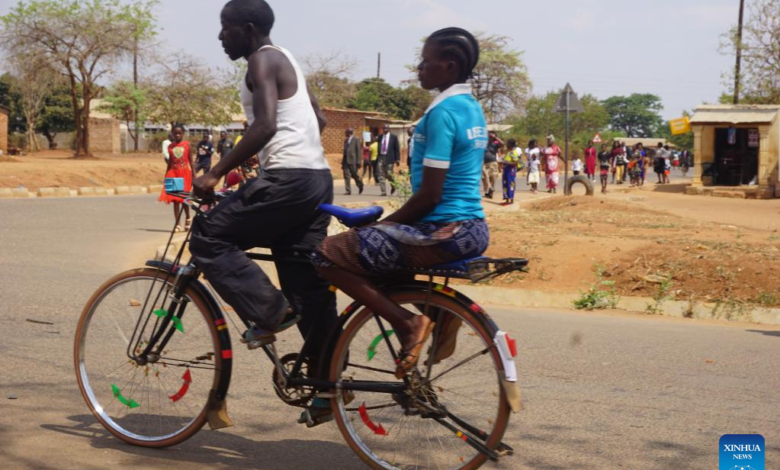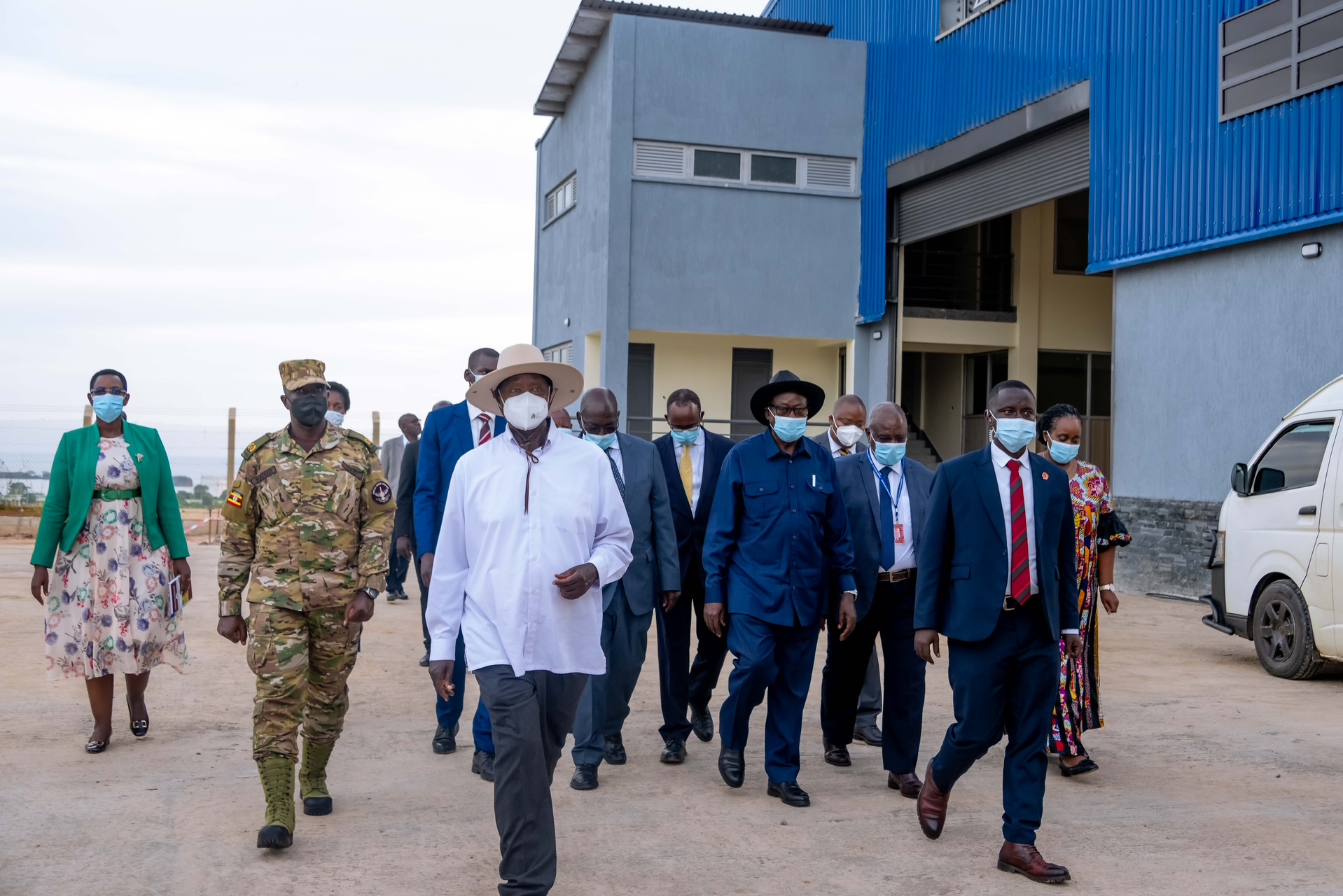Bicycle taxi businesses creating income opportunities for young Zambians
The use of bicycles as taxis did not start because of the need to promote environmental awareness in Petauke, as is the case in many parts of the world.

A visit to the Petauke district, located in the eastern part of Zambia, is incomplete without one experiencing the excitement of being on a bicycle.
It is because bicycles are a popular mode of transport in the district used to ferry people and goods from one place to another.
But the use of bicycles as taxis did not start because of the need to promote environmental awareness in Petauke, as is the case in many parts of the world.
Instead, it was financial challenges that pushed residents to seek out cheaper modes of transport. Bicycle transport fares in the district are about four to five times cheaper than those of ordinary taxis.
The fares start from 3 Zambian Kwacha (about 0.19 U.S. Dollars). Riders earn around 60 Zambian Kwacha (about 3.8 U.S. Dollars) per day.
“I have made it a point to use a bicycle taxi whenever I am going to work or running errands. Doing so has helped me reduce expenses,” said Sara Nyirenda, a 28-year-old Petauke resident.
And Genesis Zulu, who has been in the bicycle transport business for about a year, pointed out that many of the district’s young people have escaped extreme poverty by working as bicycle taxi riders.
“Most of those involved in this business are able to afford necessities. They have even stopped looking for jobs because they use the bicycles to meet financial needs,” he said.
The 24-year-old Zulu explained that the trend of using bicycles as a mode of transport started in Chipata, the capital of Zambia’s Eastern Province, and spread to other districts in the province.
While bicycles for sale are readily available in Petauke, some youths lack resources to buy them.
To help young people in such situations, some bicycle traders and owners hire those youths to work as bicycle riders for a specific period, after which they give them bicycles as payment.
Prices of bicycles vary depending on the type and model. However, one can get a considerably good pre-owned utility bicycle with 5000 Zambian Kwacha (about 315 U.S. Dollars).
“I was engaged as a bicycle taxi rider for ten months, after which I was given the very bicycle I was using. It is a common way of acquiring a bicycle for many youths in Petauke,” said Allan Sakala, 27.
Sakala revealed that he has been a bicycle rider for about two years and is now looking forward to owning a fleet of bicycles to empower younger youths.
Civic leaders observed that the use of bicycles for transport has not only created employment for many youths in the district but also enhanced Petauke district’s environmental awareness programs.
“Studies show that places, which encourage using bicycles as a mode of transport, have cleaner air. This is good for our town,” said Geoffrey Daka, a councilor for Nyakawise ward in Petauke.
Daka further observed that bicycles take up far less parking space than motor vehicles. “Fewer motor vehicles means less congestion in busy trading spaces and more space for people to move about,” he added.






